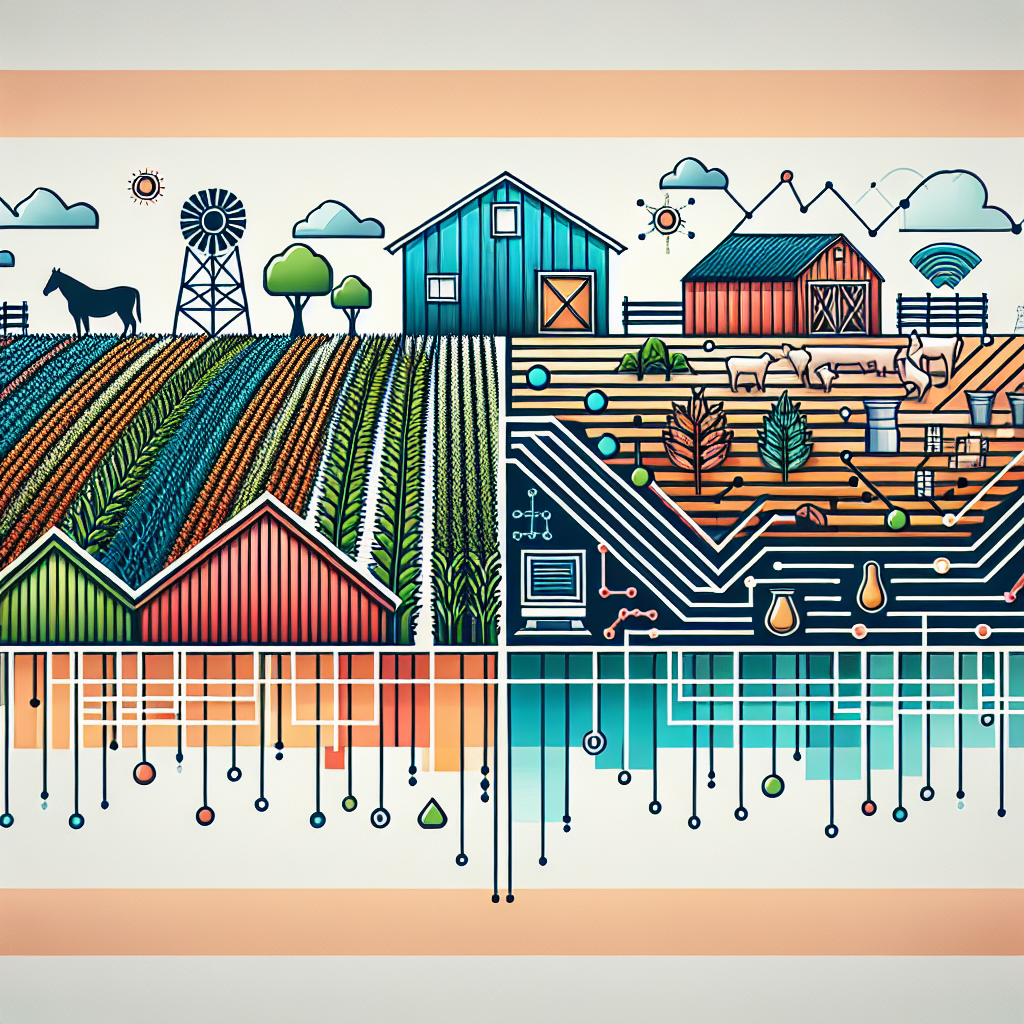In recent years, the agriculture industry has seen a rapid advancement in technology, particularly in the area of artificial intelligence (AI). AI technologies have the potential to revolutionize the way food safety compliance is managed in agriculture, offering more efficient and precise solutions for monitoring, tracking, and ensuring the safety of our food supply.
AI technologies can be used in various aspects of food safety compliance in agriculture, from monitoring crop health and detecting diseases to tracking food products throughout the supply chain and identifying potential contamination risks. These technologies have the ability to collect and analyze vast amounts of data in real-time, providing farmers and regulatory agencies with valuable insights to make informed decisions and prevent food safety issues.
One of the key benefits of AI technologies for food safety compliance in agriculture is their ability to detect potential risks early on, allowing for timely interventions to prevent the spread of diseases or contamination. For example, AI-powered drones equipped with sensors can be used to monitor crops for signs of disease or pests, enabling farmers to take targeted actions to protect their crops and prevent the spread of diseases.
AI technologies can also be used to track food products throughout the supply chain, from farm to table, ensuring that they meet safety and quality standards at every stage of the process. By leveraging AI algorithms and machine learning models, companies can trace the origin of food products, monitor their transportation and storage conditions, and identify any potential contamination risks that may arise during the production and distribution processes.
Furthermore, AI technologies can help farmers and food manufacturers comply with regulatory requirements more effectively by automating compliance monitoring and reporting processes. By using AI-powered systems to collect, analyze, and report data on food safety practices and standards, companies can improve their compliance efforts and reduce the risk of regulatory violations.
Overall, AI technologies have the potential to enhance food safety compliance in agriculture by providing more efficient, accurate, and cost-effective solutions for monitoring, tracking, and ensuring the safety of our food supply. As the agriculture industry continues to embrace these technologies, we can expect to see significant improvements in food safety practices and standards, leading to a safer and more secure food supply for consumers around the world.
FAQs:
Q: How do AI technologies help farmers monitor crop health and detect diseases?
A: AI technologies, such as drones equipped with sensors and machine learning algorithms, can be used to monitor crops for signs of disease or pests. These technologies can collect and analyze data in real-time, providing farmers with valuable insights to take targeted actions to protect their crops and prevent the spread of diseases.
Q: How can AI technologies help track food products throughout the supply chain?
A: AI technologies can be used to trace the origin of food products, monitor their transportation and storage conditions, and identify potential contamination risks that may arise during the production and distribution processes. By leveraging AI algorithms and machine learning models, companies can ensure that food products meet safety and quality standards at every stage of the supply chain.
Q: How do AI technologies help companies comply with regulatory requirements for food safety?
A: AI technologies can automate compliance monitoring and reporting processes by collecting, analyzing, and reporting data on food safety practices and standards. By using AI-powered systems, companies can improve their compliance efforts and reduce the risk of regulatory violations.
Q: What are the benefits of using AI technologies for food safety compliance in agriculture?
A: AI technologies offer more efficient, accurate, and cost-effective solutions for monitoring, tracking, and ensuring the safety of our food supply. These technologies can detect potential risks early on, track food products throughout the supply chain, and help companies comply with regulatory requirements more effectively, leading to a safer and more secure food supply for consumers.

